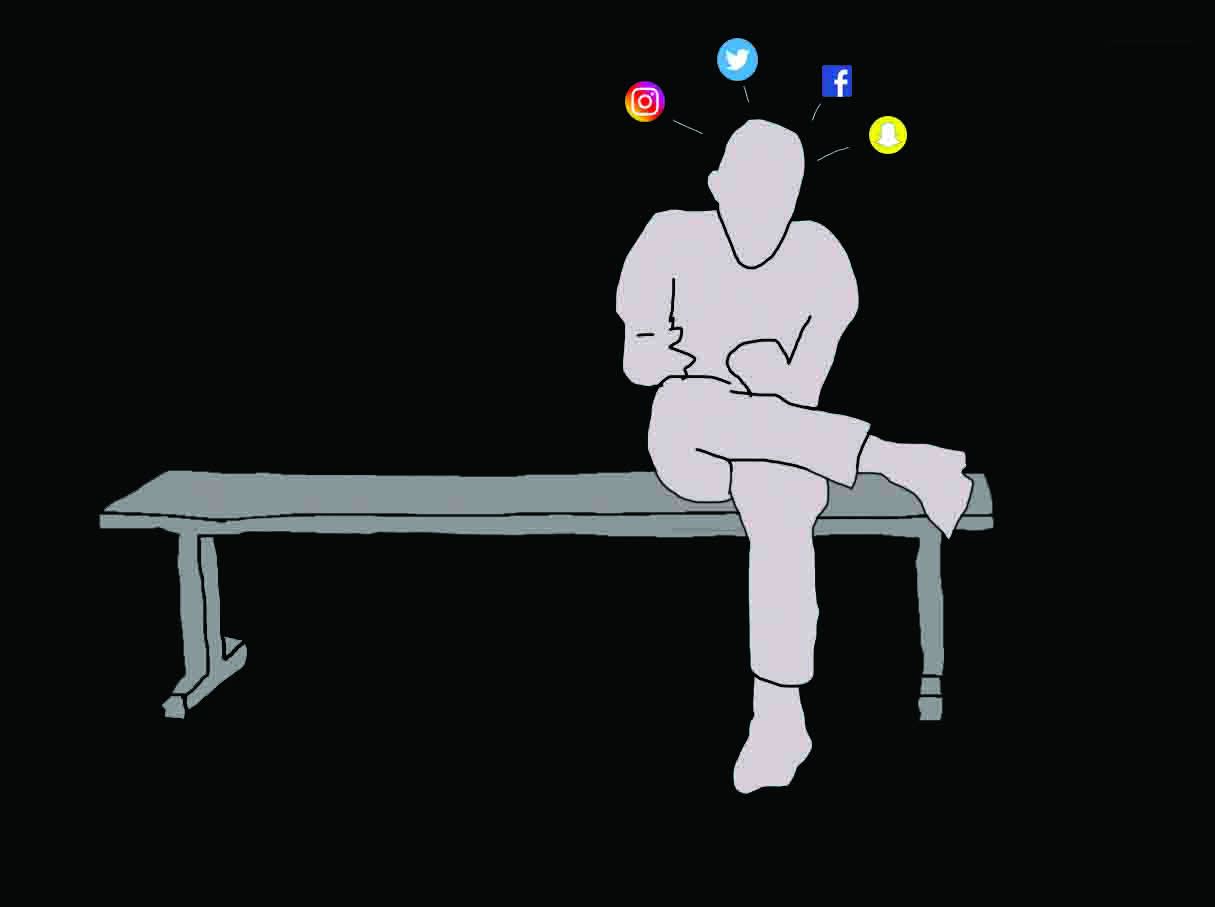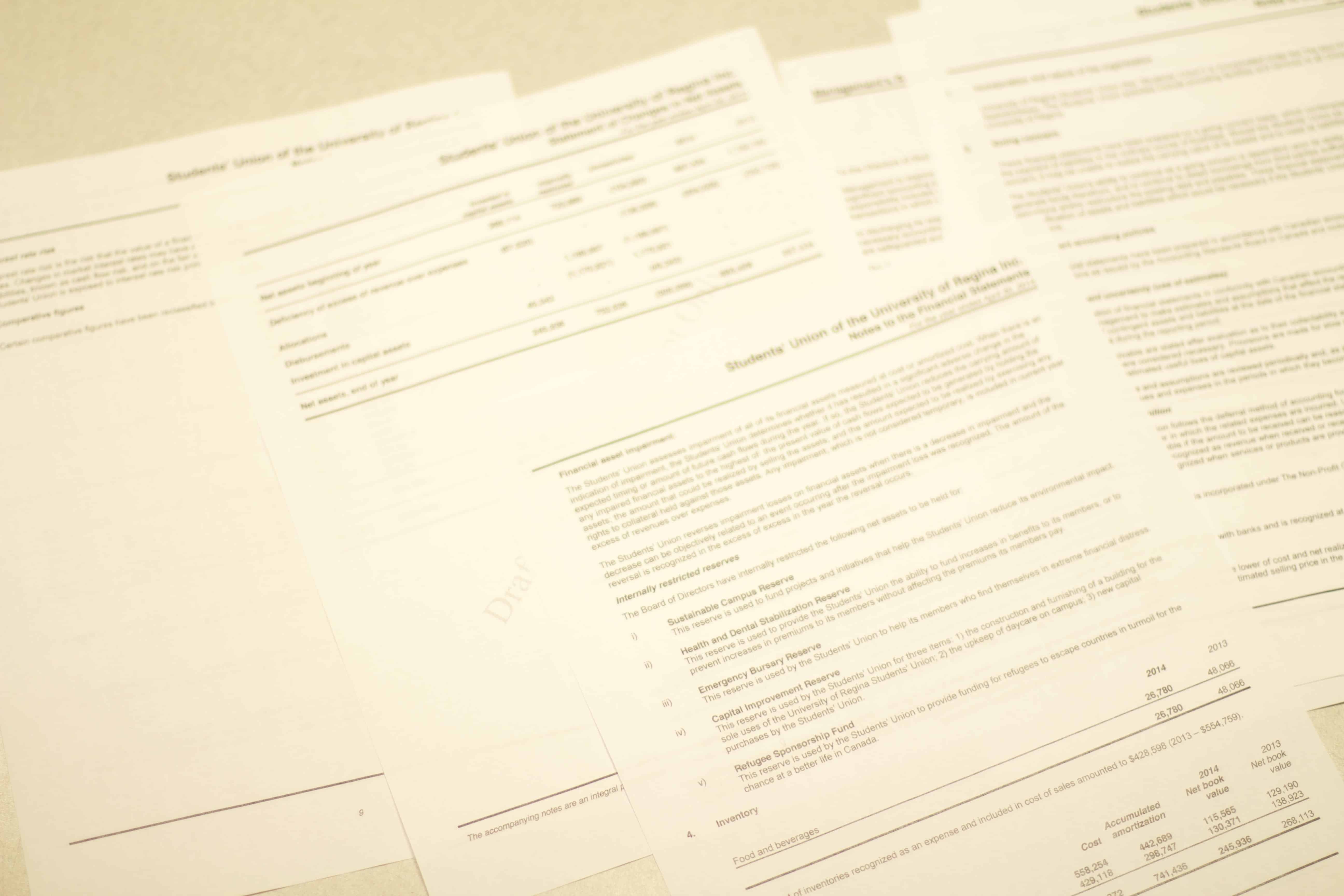The 364 days we don’t do Bell’s talk

author: charlotte abernathy | contributor

jael bartnik
CW: This articles deals with themes of depression, anxiety and poor mental health
Without going too far down the political rabbit hole that is Bell Let’s Talk Day, I want to talk about what we don’t talk about most of the year: mental health. While it’s great in theory to have one day a year to band together and talk over social media, with celebrities giving shining endorsements and raising five cents for each one of these “positive interactions,” the other 364 days of the year, these conversations stop, or at least exist totally differently.
It’s hard to go a day online without seeing a depression or anxiety meme, or someone posting about how “their social anxiety makes them feel/do” whatever it may be. There are posts about self-care that include bubble baths, reading, being outside, making art, spa days, and watching movies. There are scads of fanfictions written about sad boys, and shy girls, the beauty of depression. and the so-called quiet glory of it all. We’ve turned this idea of a sadness or discomfort into an object of interest, a particular aesthetic that we’re learning to commodify and present in vogue for the sake of self care and “mental health.” That isn’t to say this is something we’re doing consciously – the burgeoning ideas of self care and respecting mental health are crucial – but how we go about it, how we use it, and what we say are important to think critically about.
What I’m talking about is people saying, “I’m OCD about my Christmas tree” or “small talk gives me social anxiety” when the speaker doesn’t actually have those conditions. The conditions being mentioned do not only apply to one instance, one subject. They seep into people’s lives. Conversationally, we use those terms to describe feelings we have, in a way that seems to be for no other reason than fashion or simplicity. Saying we “have OCD” about something is easier than saying we have to be specific or prefer a different style of organization; saying we “have social anxiety” about small talk is easier than saying we hate small talk.
Here’s the hang-up. While it’s becoming increasingly more common to use mental illness as a means of expression, it isn’t becoming more common to actually talk about the issue and allow people to honestly express their mental health. We aren’t normalizing it, and here’s where Let’s Talk Day comes in.
I come from a family of Bell service subscribers and, since it started, we’ve all participated (willingly or not) in the mental health fundraiser day each January. My family posts supportive statuses on Facebook and shares the inspirational “let’s talk” video. Usually my sister will post a status about her PTSD or her OCD and how it affects her life, and how talking is important. Behind the scenes, my mother will chide my father for ignoring his mental health while she herself suffers illness-related depression she hasn’t addressed yet, either. It’s usually a feel-good day where the family feels like they’ve done their part for the cause and we all sit in a strange, satisfied silence, waiting for next year.
The odd part is, the next day this all seems to have faded. I mention offhandedly to my sister that I comically misspelled depression when sending a text to my friend, and she starts to cry, upset at the idea that depression might be affecting me. It is, but I lie and tell her it’s in reference to the friend I’m texting. Later, I sit down next to my parents, finally having wrought up the courage to tell them about my severe general anxiety disorder diagnosis, only to have my mother turn to me, preempt me by interrupting with “Thank God you’re okay. If one more person in this house has something wrong with them, I’m going to lock myself in my room and never come out.” So instead, I don’t come out with the truth to them and decide to talk about the weather.
This is what I mean – we can glamorize and advertise and “talk” about depression, anxiety, personality disorders and mental illnesses, but when it comes down to really talking about them and living in the reality they create for those they affect, what do we do? Do we check on our friends who say they’re suffering, or do we offhandedly say one day “this essay makes me want to kill myself,” laugh, and move on? On days that aren’t Jan. 30, when someone sits down with you to try to talk to you about their mental health seriously, what do you do?
Well, first things first: thinking about language and how we use it is important, more so as we progress and understand diversity. Second, think about the way you speak and interact with others. Are you coming across as open, friendly, and willing to talk as you intend to? This can seem simple, but it might not be. Often, what may be preventing us from having the honest conversations we want and need to have are things that aren’t conscious. Taking a second to take stock of how you passively talk about and express feelings about mental health are a huge next step to all of us being able to talk positively about and normalize mental health the other 364 days of the year. Even though the next text you send may not donate five cents to a mental health initiative, it may help someone feel more comfortable talking to you and others about mental health.









